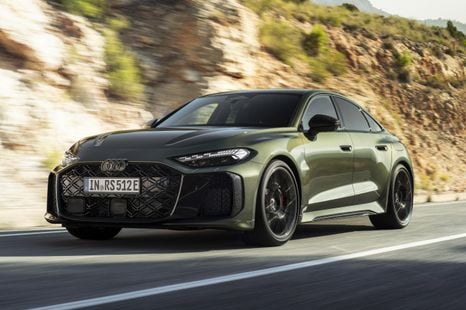

Matt Robinson
2026 Audi RS5: Plug-in hybrid V6 out-muscles RS6's twin-turbo V8
5 Hours Ago

Journalist
Overnight Toyota announced two separate projects to develop commercial vehicles with zero tailpipe emissions. For both programs, Toyota will partner with automakers within its sphere of influence.
It will develop light-duty hydrogen fuel cell electric (FCEV) trucks “for the mass market” with Isuzu and subsidiary Hino, as well as the Commercial Japan Partnership Technologies Corporation (CJPT).
Toyota reasons fuel cell technology is a better technology for these bigger trucks as they are more likely to travel long distances, and are often fitted with refrigeration or freezer units.
As such they require “fast refueling capability” that’s currently not available via current EV technology.
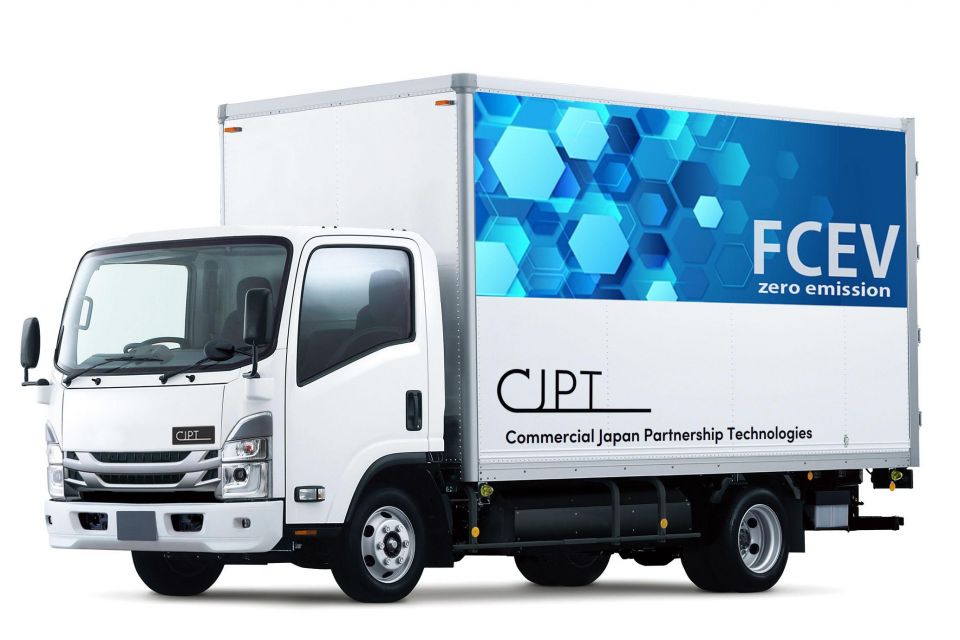
The automaker says it will introduce these FCEVs to the market “after January 2023”, with the first batch of vehicles to be used at distribution facilities in Fukushima and by “social implementation projects” located around Tokyo.
It’s unclear if Toyota, Isuzu or Hino plan to offer their fuel cell trucks outside of Japan.
The other project will bring together Suzuki, Daihatsu, Toyota, and the CJPT to develop kei-class electric vans.
These vehicles will become available during the 2023 Japanese financial year (April 2023 to March 2024), with the first EV vans destined for “partners in social implementation projects in Fukushima Prefecture and Tokyo”.
The three companies say they will “jointly develop a BEV system suitable for mini-commercial vehicles”, but it’s unclear if this will result in a single van model with styling differences for each brand, or whether the aim is to develop common EV components that can then be used by Suzuki and Daihatsu/Toyota in their respective kei vans.
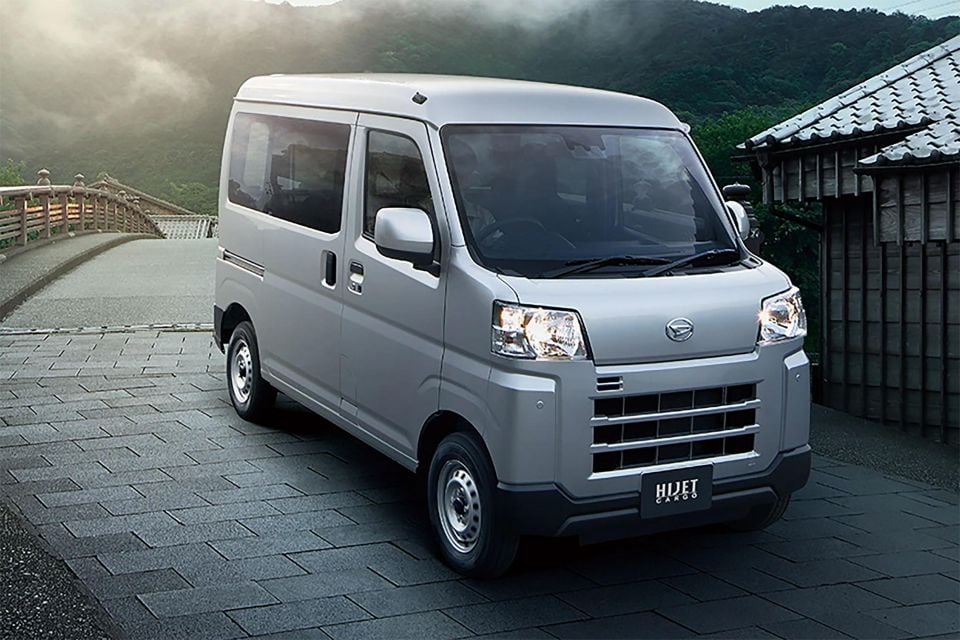
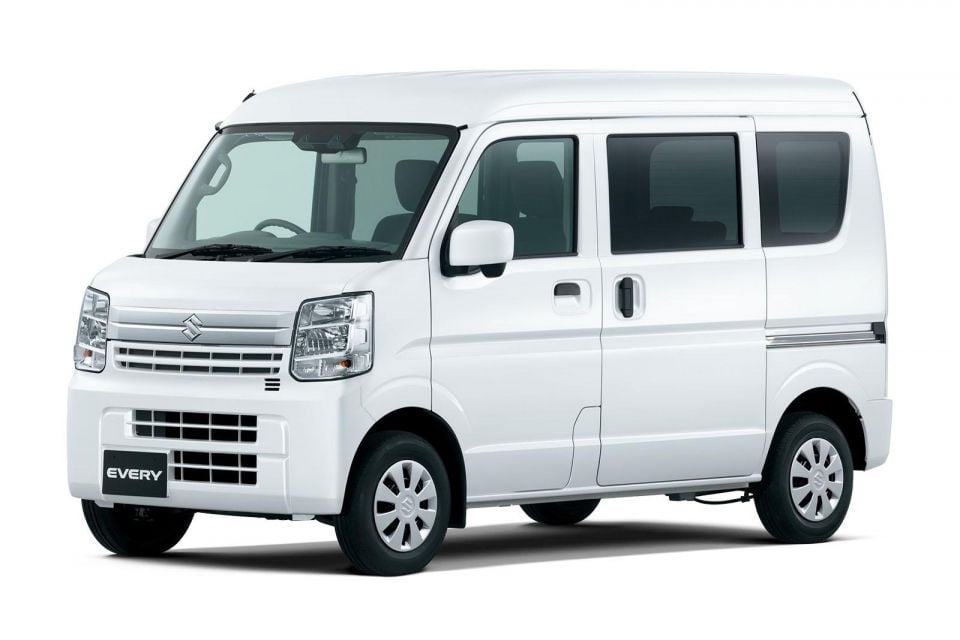
Regardless, the partnership will make use of “Suzuki and Daihatsu’s know-how in manufacturing mini vehicles with Toyota’s electrification technology”.
According to Toyota, kei-class vans account for 60 per cent of Japan’s commercial vehicle fleet, and are often used in last-mile logistics.
Despite this the automaker doesn’t seem particularly bullish about the sales prospects for its EV van with its press release highlighting three major issues, including the higher purchase price, costs related to building out charging infrastructure, and the inconvenience of charging downtime.
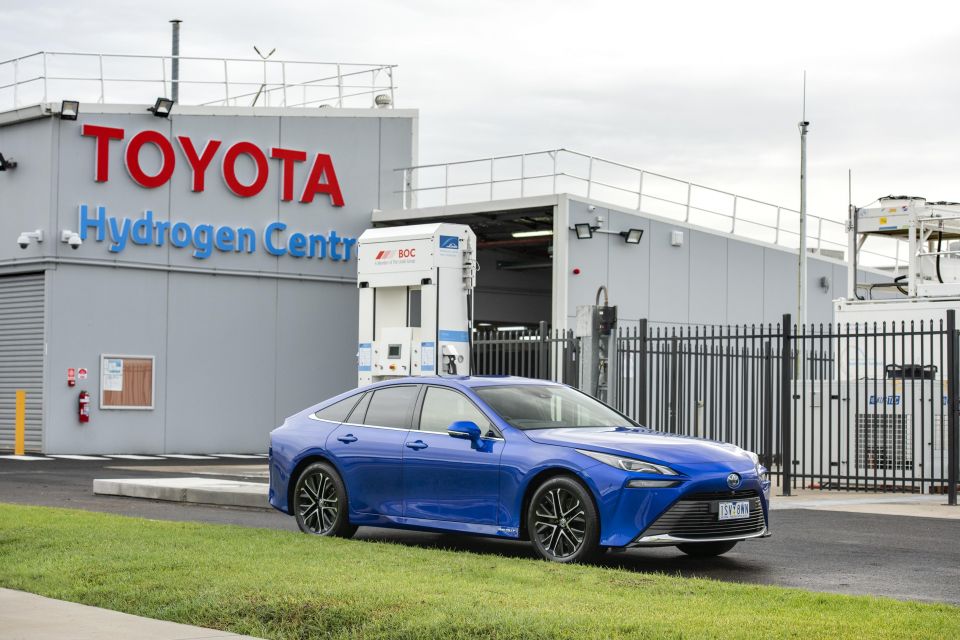
Toyota is getting ready to introduce its first EV in Australia with the bZ4x, due here in the first half of 2023.
It already offers an FCEV in the Mirai. The current, second-generation model is here in limited numbers – around 20 – where they’re being leased and trialled in government and corporate fleets.
So far sales of the Toyota Mirai hydrogen fuel cell sedan are limited to select regions in the USA, Europe and Japan, primarily those with a handful of publicly-accessible hydrogen fuel stations.
The lack of infrastructure is one of the key reasons Toyota managed to sell only about 6000 FCEVs last year.
Go deeper on the cars in our Showroom, compare your options, or see what a great deal looks like with help from our New Car Specialists.
Derek Fung would love to tell you about his multiple degrees, but he's too busy writing up some news right now. In his spare time Derek loves chasing automotive rabbits down the hole. Based in New York, New York, Derek loves to travel and is very much a window not an aisle person.


Matt Robinson
5 Hours Ago
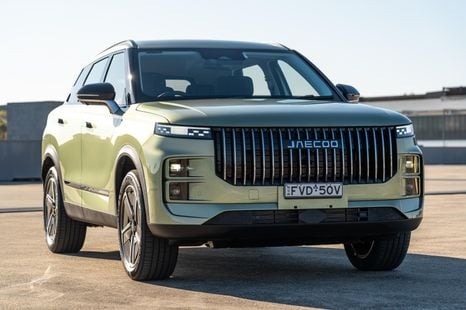

William Stopford
11 Hours Ago
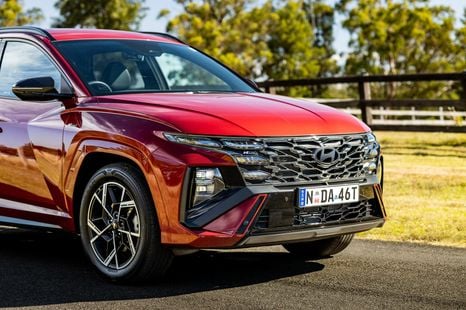

James Wong
11 Hours Ago
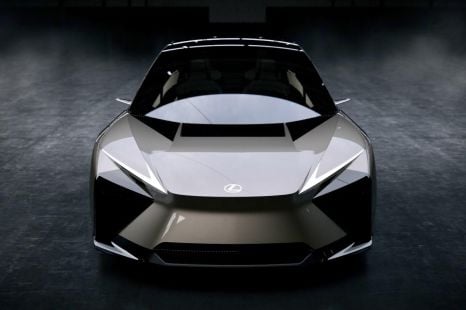

William Stopford
12 Hours Ago
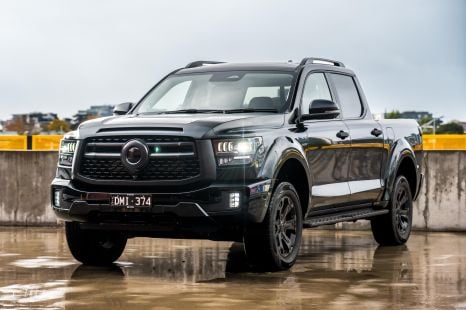

William Stopford
14 Hours Ago
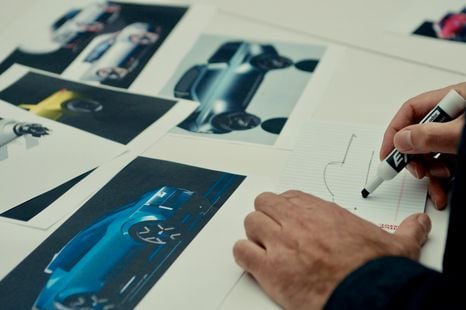

Ben Zachariah
15 Hours Ago
Add CarExpert as a Preferred Source on Google so your search results prioritise writing by actual experts, not AI.